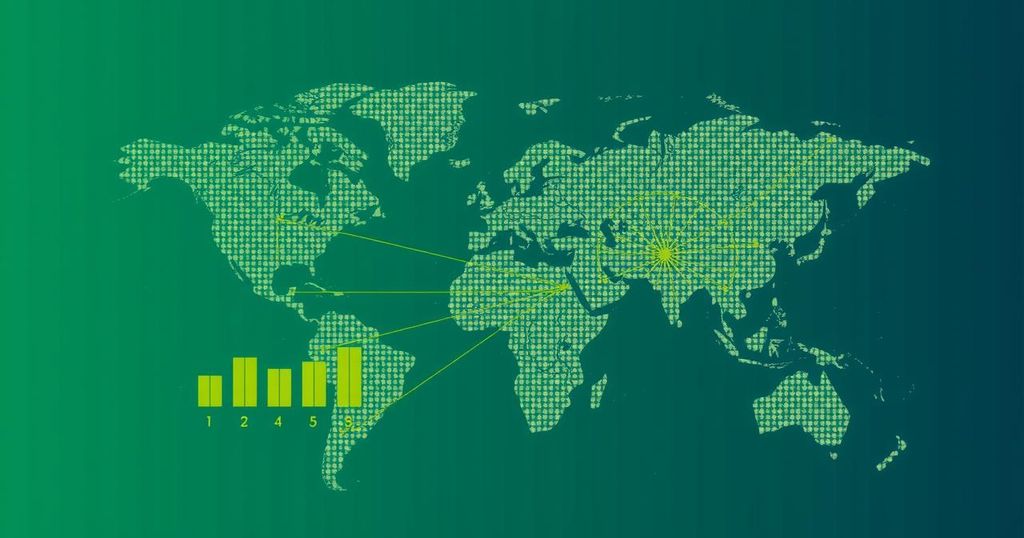At the COP29 summit in Baku, countries agreed on a $300 billion annual climate finance target for poorer nations, which has been widely criticized as inadequate. Experts highlight a lack of accountability mechanisms for wealthy nations, raising concerns about the enforceability of these commitments. Representatives from vulnerable states express disappointment over what they perceive as a betrayal by richer countries, emphasizing the need for more substantial support and recognition of historical responsibilities in addressing climate change.
During the recent COP29 UN Climate Summit in Baku, a global finance target of $300 billion per year was established to assist poorer nations in combating climate change. However, this agreement has faced significant criticism from the recipients themselves, who labeled it as “woefully insufficient.” Experts express concerns regarding the lack of a mandatory accountability mechanism, which they believe undermines the credibility and enforceability of these financial commitments made by wealthier countries.
Despite the considerable discussions and negotiations preceding this decision, representatives from vulnerable nations articulate their disappointment at the perceived inadequacy of the commitment. Specifically, Cedric Schuster, the chair of the Alliance of Small Island States, questioned the feasibility of returning to their communities with such a limited deal, saying, “Our islands are sinking. How can you expect us to go back to the women, men, and children of our countries with a poor deal?” Additional comments from representatives of Sierra Leone and Nigeria echo this sentiment, deeming the deal an insult and a demonstration of a lack of goodwill from affluent nations. Critics, including Tasneem Essop, have described the negotiations as poorly managed and characterized the outcomes as betrayals by developed countries towards those in the Global South, reflecting an alarming perception of mistrust.
China pledges to adhere to multilateral agreements such as the Paris Agreement, emphasizing the necessity of the principle of “common but differentiated responsibilities.” Zhao Yingmin, the head of the Chinese delegation, affirmed this commitment during the summit. China, despite being one of the world’s largest economies, the observer posits that it should not bear responsibilities beyond its development stage, especially in light of its lower per capita emissions and historical contribution to carbon output compared to developed nations. The ongoing discussions indicate a fundamental disconnect between developed and developing countries regarding climate finance obligations, where wealthier nations often perceive funding as an aid rather than a duty.
The COP29 summit, held in Baku, was a platform for nations to negotiate climate finance, aiming to address the urgent needs of poorer countries affected by climate change. The $300 billion annual target set during these talks represents a compulsory commitment from developed nations to support climate actions in developing countries. However, there remains significant skepticism about the implementation of this target due to the absence of a binding accountability framework. Many developing nations have voiced concerns that historical emissions and current climate responsibilities of developed countries are not being adequately recognized or addressed in these agreements.
In summary, the COP29 summit has seen the establishment of a financial commitment aimed at combating climate change; however, the reception of this deal has been largely negative among developing nations who feel their needs are insufficiently met. The absence of a strict accountability mechanism raises questions about the reliability of the promises made by wealthier nations. This ongoing narrative highlights the critical need for a genuine partnership in global climate efforts, recognizing the distinct responsibilities of developed and developing nations.
Original Source: www.globaltimes.cn






